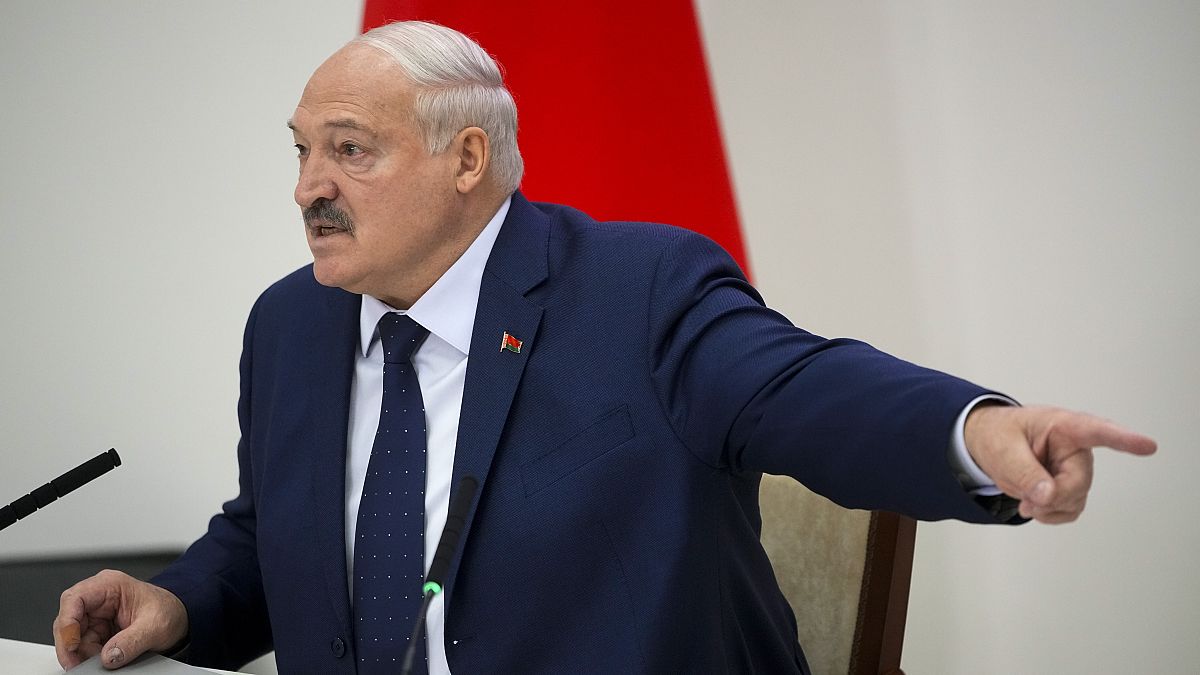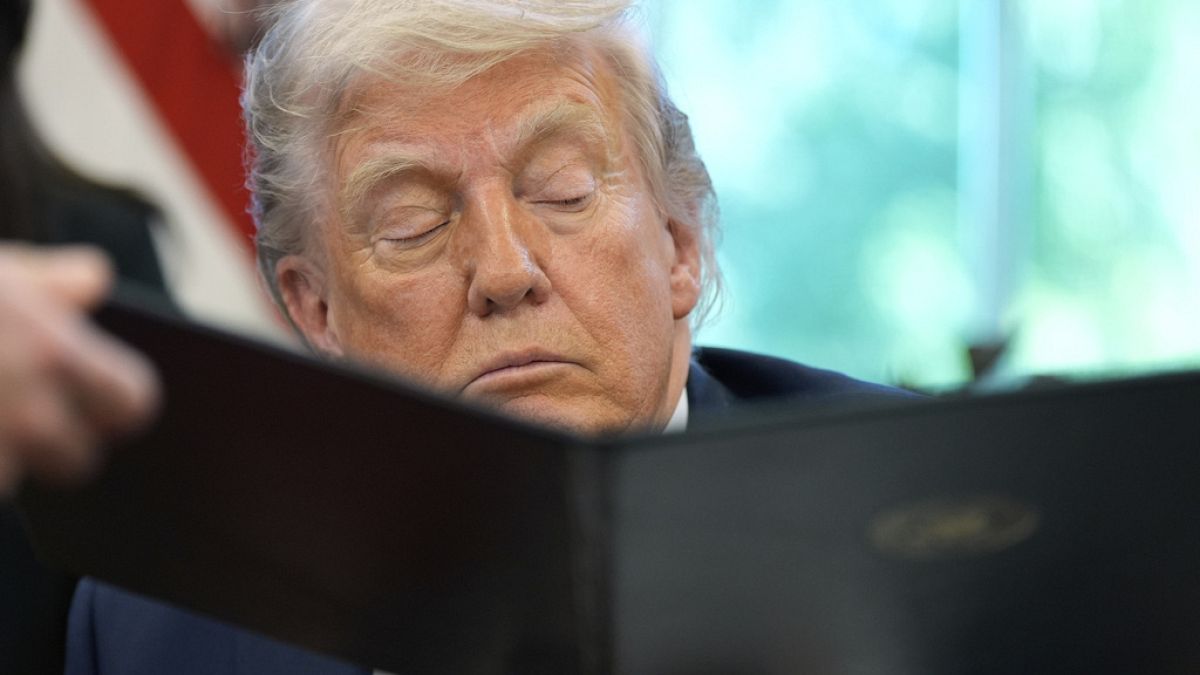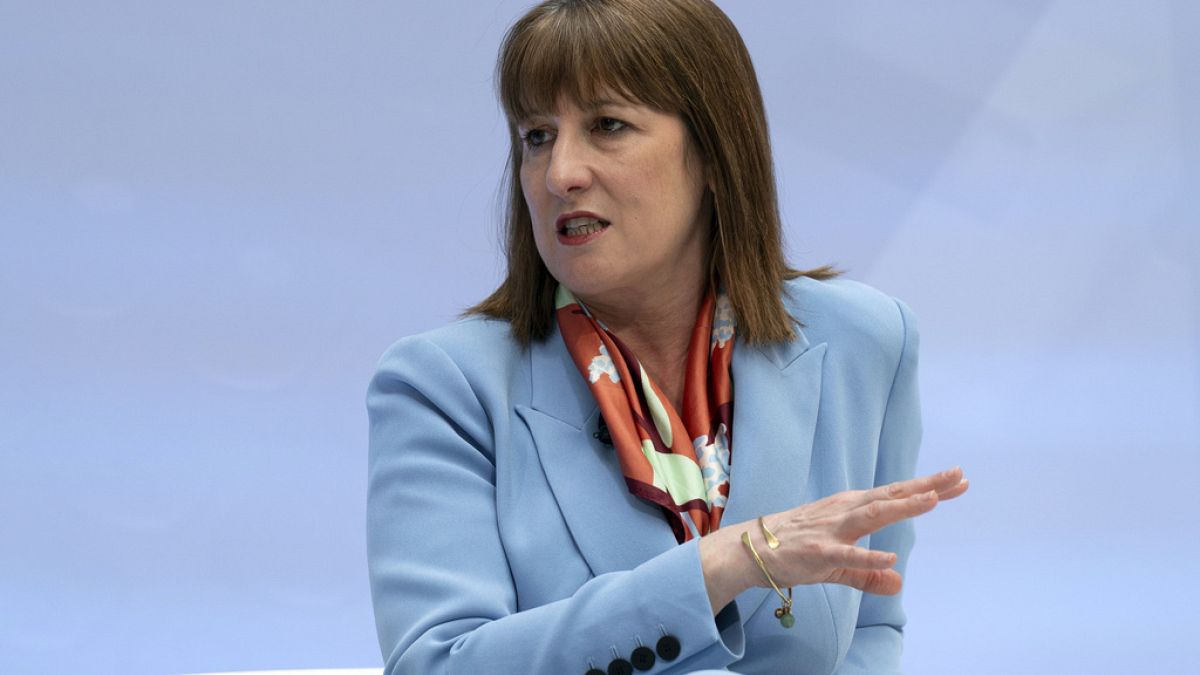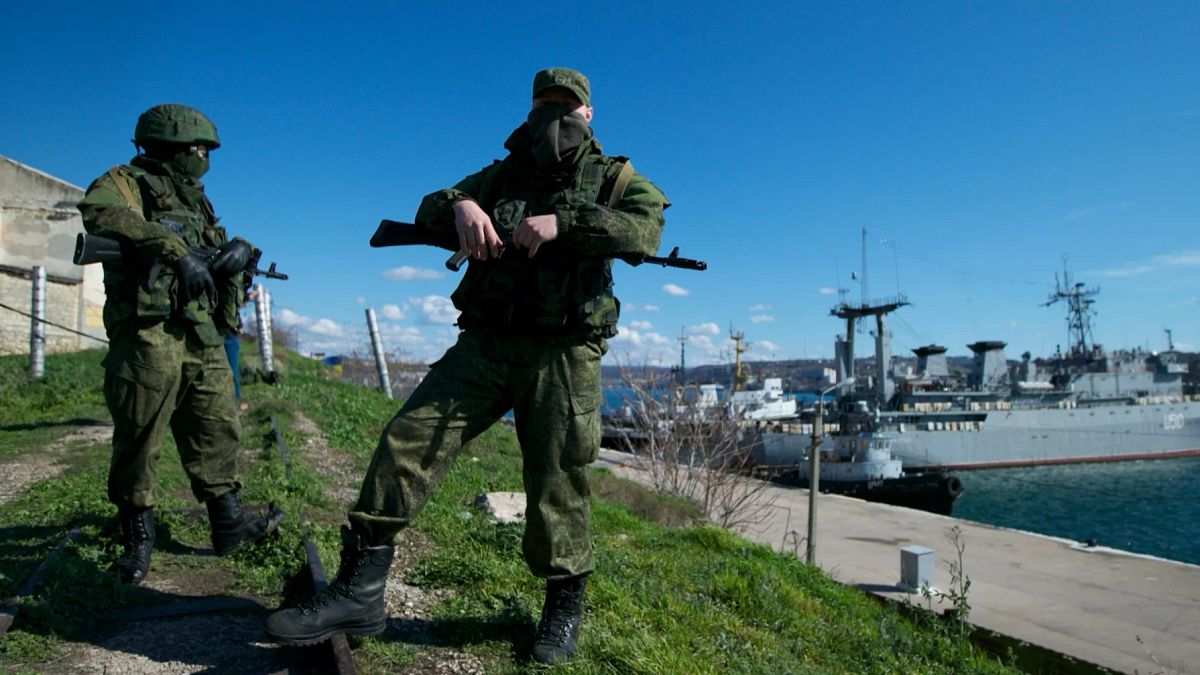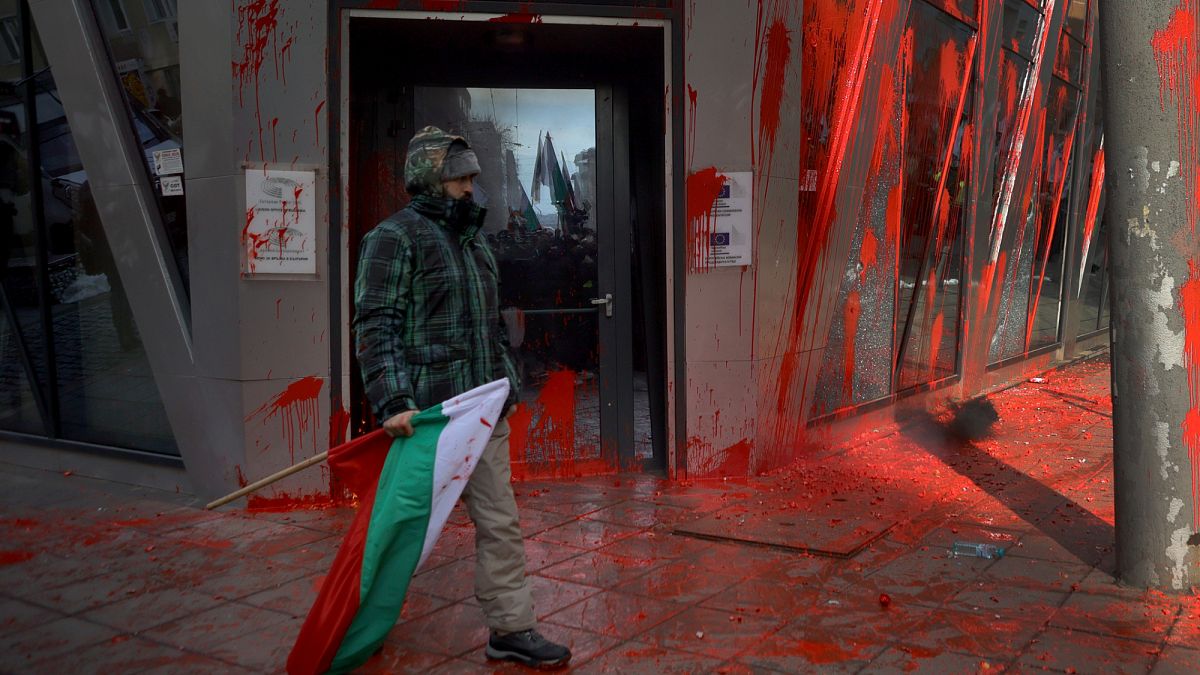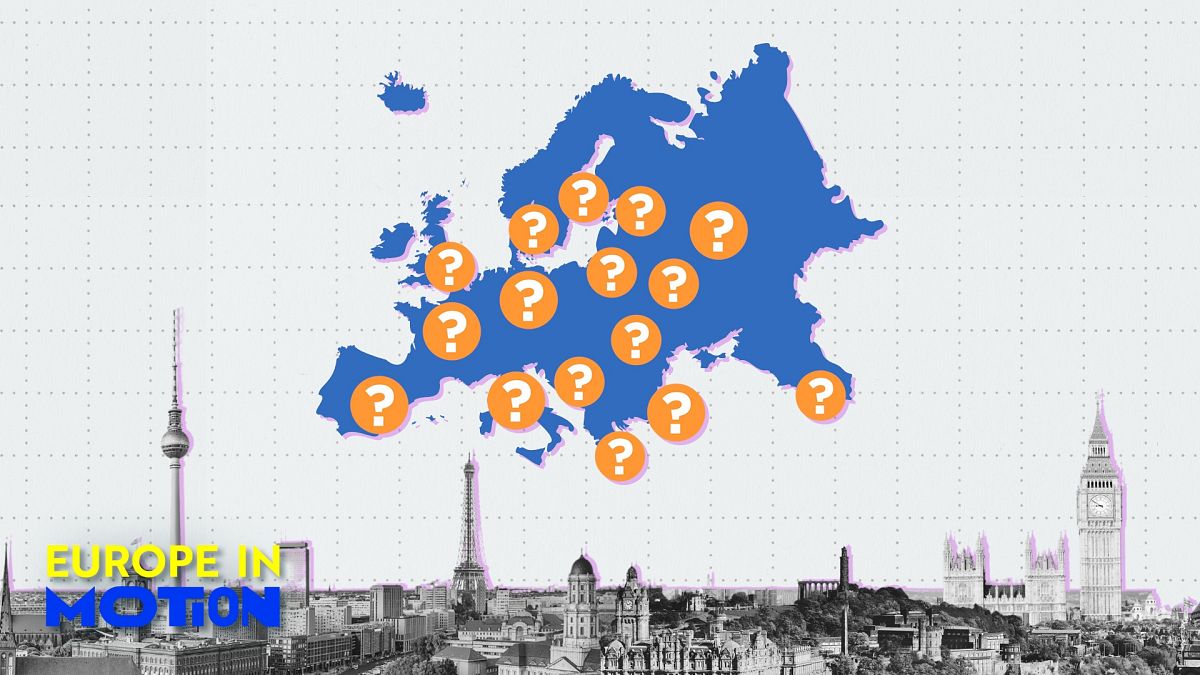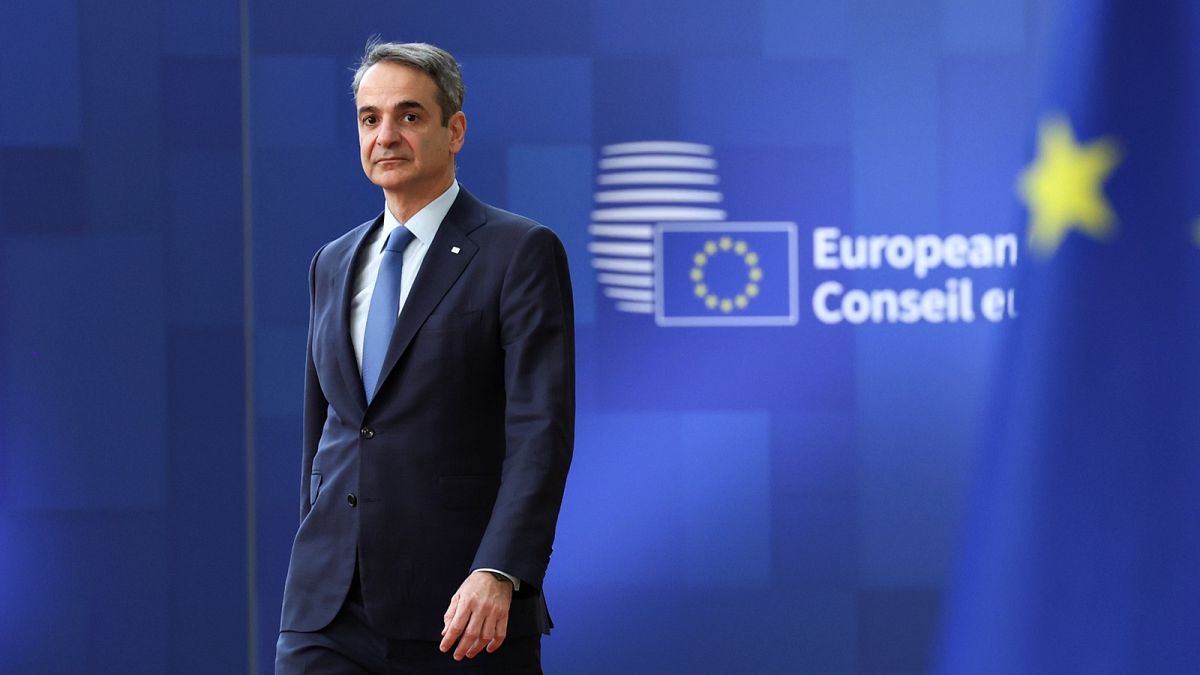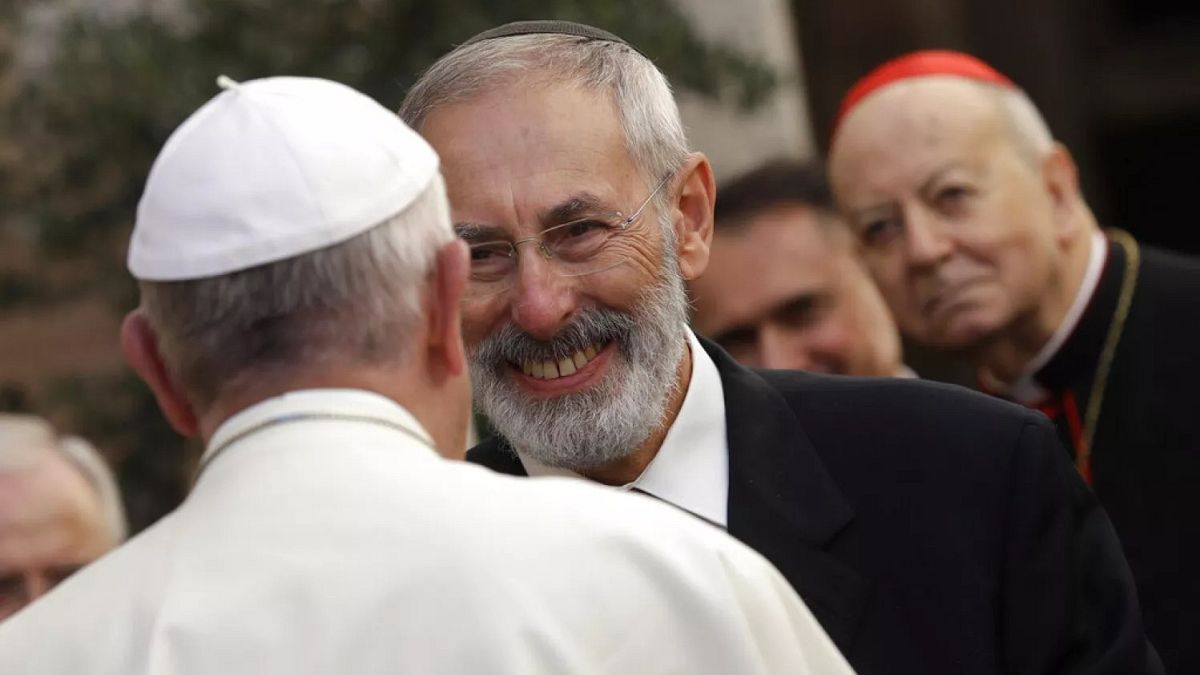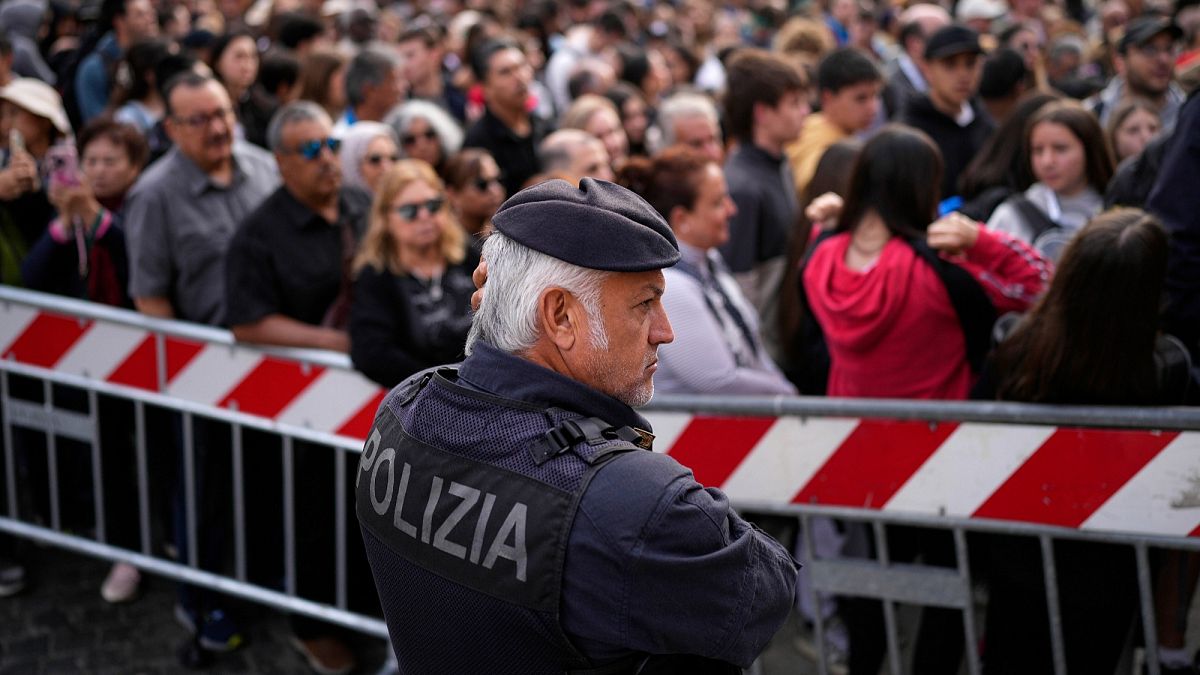Final votes are still being counted and the result isn’t expected to be released until later on Monday morning but state television predict Lukashenko winning with almost 88% of the vote.
The European Union has threatened new sanctions on Belarus after President Alexander Lukashenko looked certain to score his seventh consecutive election win since 1994.
“Today’s sham election in Belarus has been neither free nor fair,” EU foreign policy chief Kaja Kallas said in a joint statement with enlargement commissioner, Marta Kos.
“The relentless and unprecedented repression of human rights, restrictions to political participation and access to independent media in Belarus, have deprived the electoral process of any legitimacy,” the statement said.
They urged the Belarusian government to release political prisoners, including an employee of the EU delegation in the capital, Minsk.
Kallas and Kos said that the decision to invite observers from the Organization for Security and Cooperation in Europe only 10 days ago prevented the group from monitoring the full electoral process.
“For these reasons, as well as the involvement of the Belarusian regime in Russia’s war of aggression against Ukraine and its hybrid attacks against its neighbours, the EU will continue imposing restrictive and targeted measures” against the Belarusian government, the EU officials said.
They didn’t give any more details about what the eventual new sanctions package would target or when it would be implemented.
Elsewhere in Europe, the election results, which predict an almost 88% share of the vote for Lukashenko, were met with derision.
“The people of Belarus had no choice. It is a bitter day for all those who long for freedom & democracy,” Germany’s Foreign Minister Annalena Baerbock said in a post on X.
In a tongue-in-cheek post on X, Poland’s Foreign Minister Radoslaw Sikorski expressed surprise that “only” 87.6% of the electorate cast their ballot for Lukashenko.
“Will the rest fit in the prisons?” he asked.
Lukashenko’s 2020 election win was also dismissed as a sham by the West and the result sparked weeks of widespread protests across the country.
That prompted a brutal crackdown by security forces and led to 65,000 arrests.
There an estimated 1,200 political prisoners in the Belarusian prison system and around 500,000 people fled the country after the 2020 election and therefore can’t vote.
Media freedom watchdog Reporters Without Borders filed a complaint against Lukashenko with the International Criminal Court over his crackdown on free speech that saw 397 journalists arrested since 2020. It said that 43 are in prison.
Since July, Lukashenko released around 250 people that rights activists say were jailed for political reasons.
At a more than four hour press conference after he cast his ballot in Minsk, Lukashenko denied they were political prisoners and said they were released “based on the principles of true humanity.”
“They are not political prisoners, they violated the Criminal Code. If anyone is interested, we can show the criminal case now and show which articles of the law were violated. You can say that our law is bad, but it is the law. I said so,” he said.
At the same press conference, Lukashenko also said he predicted “some kind of resolution” to the war in Ukraine in 2025 which did not necessarily mean a complete end to the fighting.
Lukashenko is a close ally of Russian President Vladimir Putin and Moscow partly used Belarusian territory to launch its 2022 invasion of Ukraine.
“We will probably continue to conflict for a long time. We are Slavs, if we start to conflict, it will last for a long time. But there will be a resolution. The light at the end of the tunnel will appear this year,” he said.
But it’s unlikely that the condemnation from Western leaders or the threatened EU sanctions will make much of a difference to Lukashenko.
“I don’t give a damn about the West,” he said.






